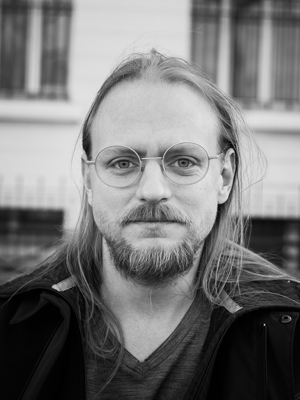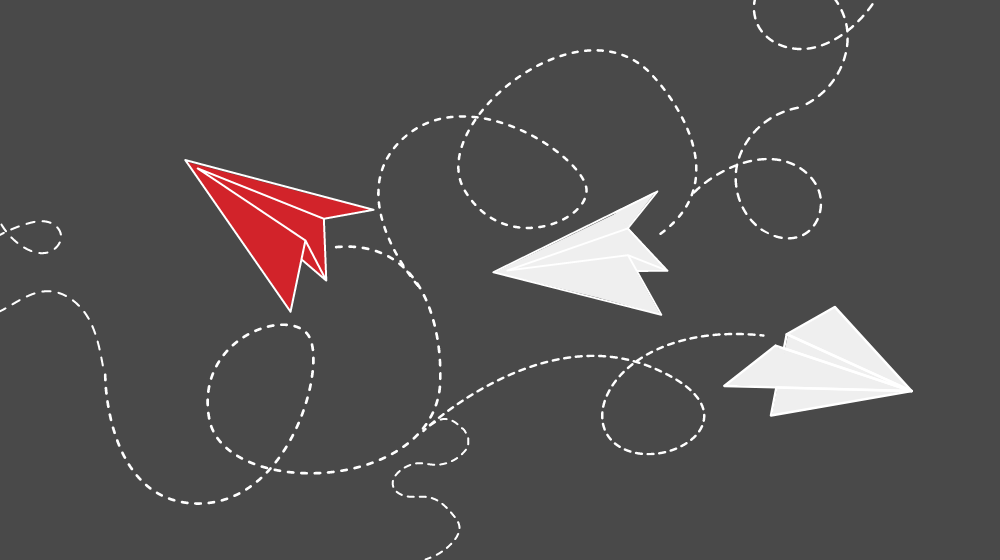AutSPACEs – short for Autism research into Sensory Processing for Accessible Community Environments – is a community-led citizen science project seeking to make environments more accessible for autistic people. Around 90% of autistic people process sensory information differently from non-autistic people, but many public spaces are not well designed for autistic people. For example, they may be too bright, busy or loud. With AutSPACEs we aim to collect real-world, qualitative data on where and how autistic people encounter such issues. It is a project the two of us have been working on for quite a while now and we recently made it into the first working prototype stage, for which we now performed a first round of user tests!
Following the disability rights movement’s motto of “Nothing about us, without us”, AutSPACEs has been co-designed by autistic people from the very initial stages of the project, through scoping sessions, focus groups with autistic people, community meetings and open source development. As ever since the initial goal setting, we implemented an open co-leadership model for the development of our citizen science platform that is based around open source practices where code, documentation and decision making data are openly accessible, allowing for the input of researchers, autistic contributors, research software engineers and varying intersections of these roles.
With a working prototype in hand, we wanted to know how well it would work not only for our existing community members – who had been involved in the development process – but also for newcomers who had not seen "how the software sausage was made". Thus, we aimed to get some fresh eyes on the project through some formal user testing. Collectively we brainstormed a list of potential tasks and questions that we'd like newcomers to solve/answer, with the final protocol being documented on GitHub. Amongst other things, we asked people if they would have an idea of what this platform would be for, if they could read public experiences and if they could share their own experiences.
With those questions and protocol done and the approval of our ethics board in hand, we started recruiting participants and were blown away by the positive response. Despite our asking for about an hour of people's time, over 200 people got in touch when we recruited through our project newsletter, social media and the outreach network of Autistica – an allied autism organisation.

In the end, we managed to do user tests with 14 people, 10 of whom had never heard of the project before. The user tests themselves were then done via Zoom, with people sharing their screen and using a staging environment of the website to explore the platform and try our tasks while we took notes in parallel. And thanks to the SSI fellowships that we both hold, we could give our participants gift vouchers as a small thank you for their time!
The feedback we got was key to our future plans. All people understood what the goal of our project was – and also complimented the platform for "clearly having been developed with the input of the autistic community", which is a big badge of honour for us and our community! Beyond the positive feedback, the user tests also outlined some clear issues that were shared by all or nearly all of the participants, giving us some clear ideas of where we need to improve AutSPACEs prior to the launch.
In many (if not most) cases, these were things that none of us active contributors would have identified or thought about ourselves, really highlighting the power and importance of user testing. If you are curious, our user testers consented to publicly share the anonymised notes – and of course, we converted everything into issues on GitHub, leading to an improved roadmap. For us the lesson is clear: if you want to build software that is used by anyone but yourself, doing simple "over the shoulder" user testing with just a few people can be extremely helpful!



